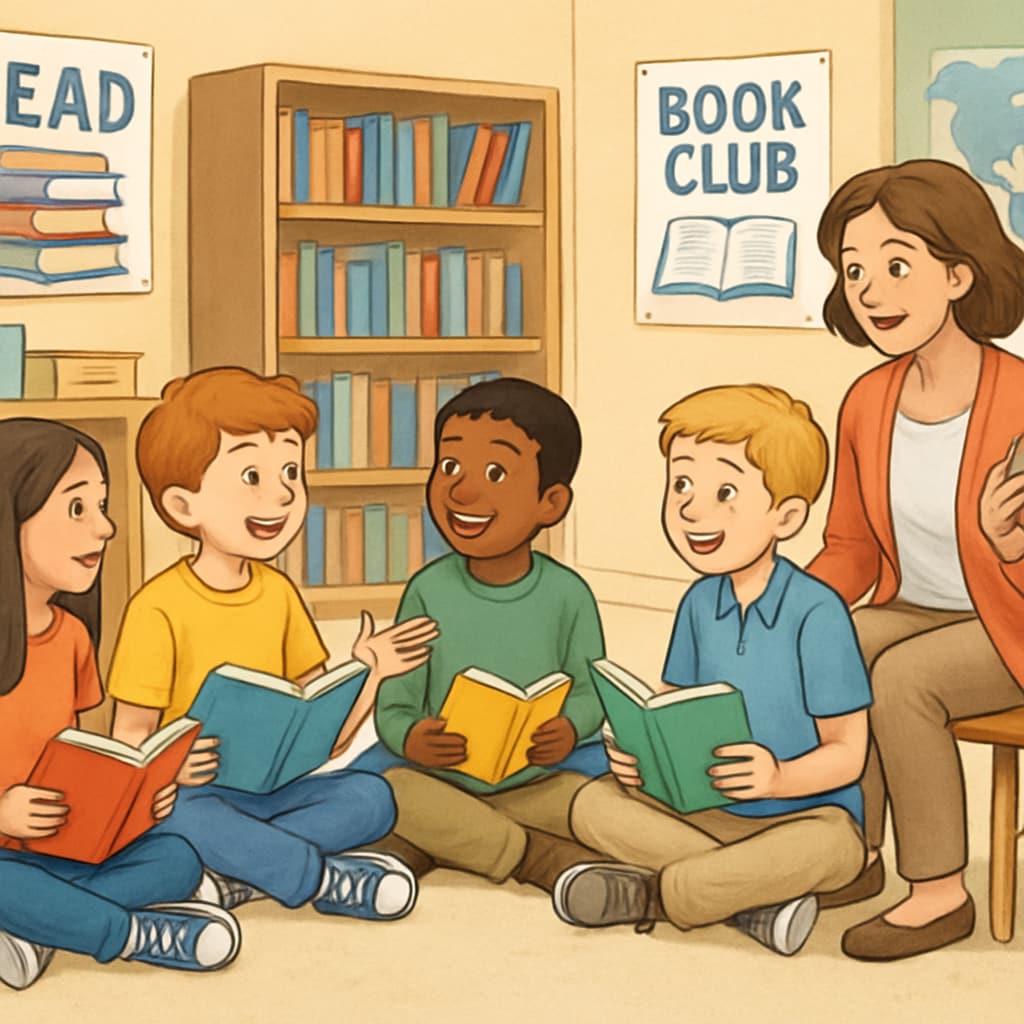Traditional reading comprehension tests, A.R. points, and reading interest programs have long been a staple in elementary education. However, many educators and parents are beginning to question their effectiveness in truly fostering a love for reading among fourth graders. These methods often focus on rote memorization and test performance, potentially sidelining the joy of reading itself. Fortunately, there are free and innovative alternatives available to inspire young learners and help them develop essential reading skills in a stress-free environment.

Limitations of Traditional Reading Comprehension Tests
While traditional tests provide measurable outcomes, they come with significant drawbacks. Standardized tests often prioritize accuracy and speed over genuine understanding and enjoyment. As a result, children may view reading as a chore rather than a pleasurable activity. Popular systems like Accelerated Reader (AR points programs), while well-intentioned, can sometimes shift the focus from intrinsic motivation to external rewards. For example, students might race to earn points instead of truly absorbing and enjoying the content.
Moreover, these methods may exclude students who struggle with test anxiety or prefer creative expressions of their understanding. A rigid testing approach can stifle creativity and discourage students who need alternative ways to explore their reading comprehension.
Free and Engaging Alternatives to Traditional Testing
Luckily, there are numerous free resources and methods that allow children to enhance their reading comprehension skills while cultivating a genuine love for literature. Below are some effective alternatives:
- Interactive Storytelling Sessions: Encourage children to retell stories in their own words or create alternate endings to books they’ve read. This not only tests their understanding but also sparks creativity.
- Book Clubs: Forming small reading groups where students can discuss their favorite parts of the story provides a collaborative and enjoyable learning experience.
- Online Reading Games: Websites like Funbrain and ReadTheory offer free, gamified reading activities tailored to different skill levels.
- Reader’s Theater: Students can perform scenes from books, which combines comprehension with active engagement and public speaking skills.
- DIY Reading Journals: Encourage children to maintain a reading journal where they jot down key details, draw pictures, or write reflections after finishing a book.

How These Alternatives Foster Long-Term Reading Interest
Unlike traditional methods, these alternatives focus on making reading enjoyable and meaningful. Interactive storytelling and book clubs provide opportunities for social interaction, which can make reading feel less isolating and more engaging. Similarly, tools like online games and reader’s theater combine entertainment with learning, making comprehension a fun challenge rather than a stressful task.
These approaches also address different learning styles. For instance, visual learners might excel in creating reading journals with illustrations, while kinesthetic learners may thrive in Reader’s Theater activities. By accommodating diverse needs, these methods ensure that every child has a chance to develop a love for reading.
Conclusion: Rekindling the Love for Reading
Ultimately, the goal of any reading program should be to instill a lifelong passion for literature in children. By embracing free and creative alternatives such as interactive storytelling, book clubs, and online reading games, educators and parents can help young learners move beyond the constraints of traditional reading comprehension tests, A.R. points, and reading interest-based systems.
These methods allow children to explore the world of reading in a way that is both educational and enjoyable, ensuring they develop strong comprehension skills while cultivating a genuine love for books.


